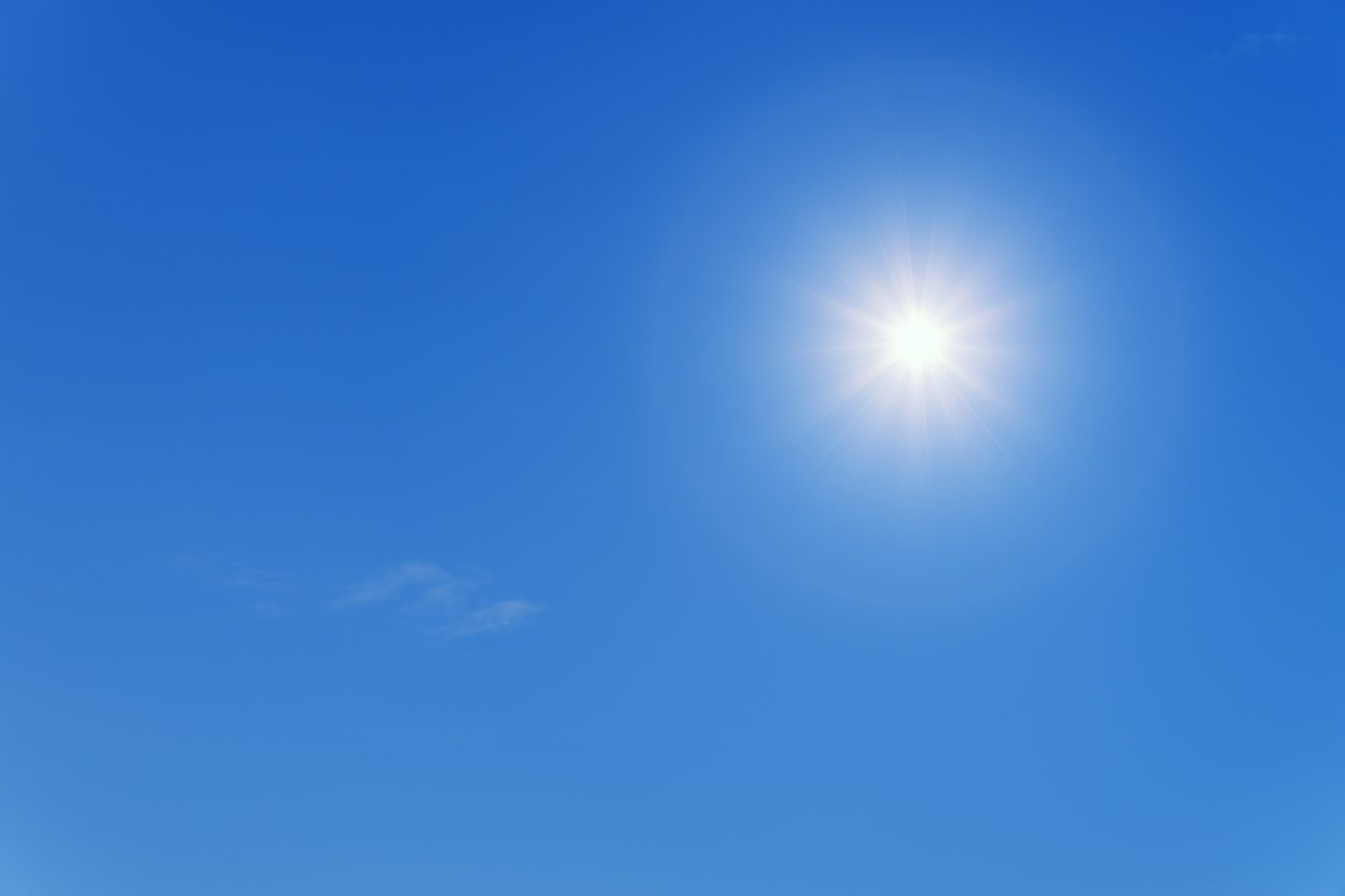For the second time this summer, an amber heat health alert is in place for Hull. The alerts have four levels; green, yellow, amber and red, and are issued by the UK Health Security Agency (UKHSA). Amber means increased risk to people aged over 65, very young children and people with additional vulnerabilities. There is also likely to be increased demand on health services, and heat related impacts to care settings – for example very high temperatures inside hospitals and care homes.
It’s likely there will be more of these alerts over the summer, with the Met Office’s three-month forecast predicting hot spells throughout July and August. Knowing how to take care of yourself and others in hot weather is the best way to stay well when it’s hot.
These tips will help you keep yourself and you home cool – and look out for a feature in the next edition of the residents’ newsletter, which will be coming through letterboxes soon.
- Close curtains or blinds – shutting out the sun, particularly on south-facing windows will help keep temperatures low. The thicker the covering, the more the sun will be kept at bay
- Close your windows – during the day, keeping windows and doors shut keeps hot air outside
- Open your windows – but only during the evening! Let in naturally cooler evening air, being sure to secure everything before going to bed, or if you’re leaving the house
- Check in on anyone who might be more at risk. Just like in winter, check whether friends, family and neighbours need any help
- Those who are more at risk of overheating. This might include people aged over 65; children, particularly under-fives; people with long-term health conditions and on particular medications; people who struggle to adapt behaviour to conditions, including alcoholics, drug addicts and people with dementia
- Make your own air con – putting a bowl of ice or ice water in front of a fan will help distribute cool, refreshing air
- Chill out – keeping yourself cool is as important as your surroundings. Try sipping icy-cold drinks, a cold flannel or washcloth on your neck, or a brief cool shower
- Loose fitting layers and natural fabrics will let fresh air circulate round your body
- Keep hydrated – have plenty of water and avoid things like caffeine and alcohol which will dehydrate you, and avoid going out during the hottest part of the day (usually 11am – 3pm)
- if you do need to go out make sure to wear sunscreen, a hat and light clothing, and avoid anything that will make you warmer, like intensive exercise
- Learn what heat exhaustion looks like – if someone has heat exhaustion, they need to be cooled down, given fluids, and someone to stay with them until they feel better. Signs of heat exhaustion are: headache; dizziness/confusion; nausea/loss of appetite; racing pulse; cramps; excessive sweating; high temperature; being very thirsty. Visit nhs.net and search ‘heat exhaustion’ for more information. If someone is very unwell, always call 999
- Don’t forget pets! Make sure furry friends have plenty of shaded or cool places to go, and access to fresh water. Walk dogs very early in the morning, or late in the evening, or skip a walk altogether if necessary.
For more information about heat stroke, visit: https://www.nhs.uk/conditions/heat-exhaustion-heatstroke/
